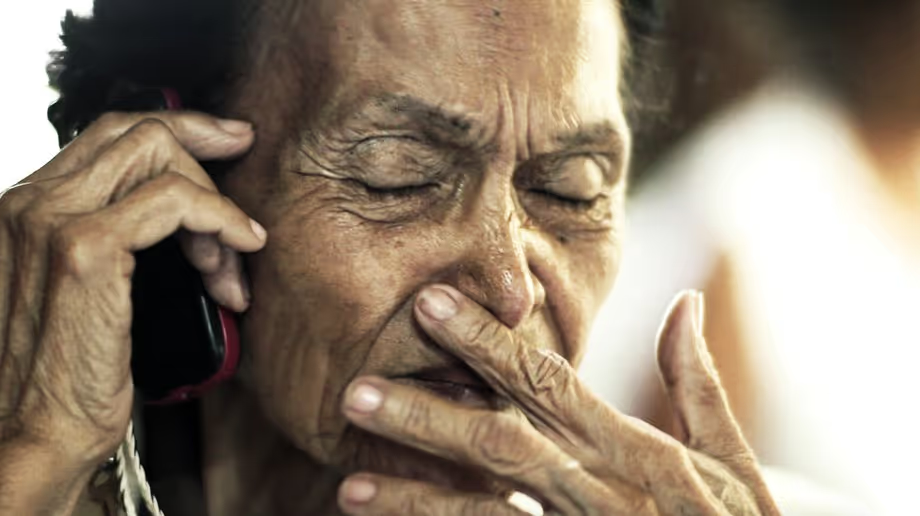The Apology: Discussion Guide Using This Guide
Using This Guide

This guide is an invitation to dialogue about a very difficult chapter of history. It is based on a belief in the power of human connection and designed for people who want to use The Apology to engage family, friends, classmates, colleagues and communities in conversations about reconciliation, trauma, and the power of a story to understand the consequences of war and the power of healing. In contrast to initiatives that foster debates in which participants try to convince others that they are right, this document envisions conversations undertaken in a spirit of openness in which people try to understand one another and expand their thinking by sharing viewpoints and listening actively.
The discussion prompts are intentionally crafted to help a wide range of audiences think more deeply about the issues in the film. Rather than attempting to address them all, choose one or two that best meet your needs and interests. And be sure to leave time to consider taking action. Planning next steps can help people leave the room feeling energized and optimistic, even in instances when conversations have been difficult.
The subject matter of The Apology is intense and may provoke strong reactions, especially from victims of sexual assault and abuse, and their loved ones. Facilitators should keep an eye out for audience members who become especially upset. Be prepared to take them aside and follow up with a referral to local professionals and support services. Remember that people respond to trauma in different ways. In addition to tears or panic, trauma can look like: “spacing out,” silence, laughter or jokes during “inappropriate” moments or anger.
For more detailed event planning and facilitation tips, visit www.pbs.org/pov/engage/.
